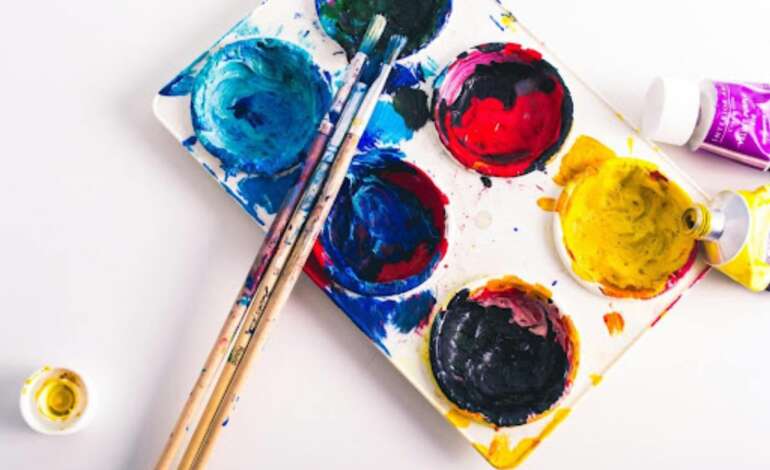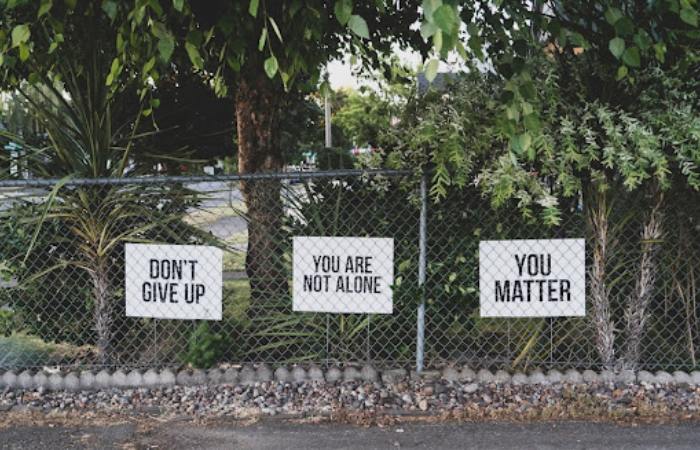
Balancing Academics and Leisure: The Vital Role of Hobbies for Serious Students
Intense study sessions, rigorous academic challenges, and the pursuit of excellence define the life of a serious student. Yet, in this unyielding quest for scholarly achievement, the importance of leisure activities and hobbies is often overshadowed. Balancing the demands of academia with the personal joy that hobbies can bring is not just desirable; it’s necessary for well-rounded personal development and stress management. Below, we explore how hobbies can positively influence academic performance and mental well-being and how students can effectively find balance.
The Importance of Hobbies for Enhancing Academic Performance
The role that hobbies play in boosting academic performance is multifaceted. Engaging in leisure activities can rejuvenate the mind, providing a necessary break from the rigors of study. This downtime allows students to return to their academic pursuits with a recharged focus, often leading to increased productivity. By indulging in a hobby, students inadvertently hone skills such as time management, problem-solving and critical thinking, all of which are transferable to their academic work.
Moreover, hobbies can stimulate cognitive processes that complement scholarly endeavors. For example, a student who plays a musical instrument may find that the discipline and persistence required for mastering pieces are analogous to the dedication needed for academic research. Similarly, intricate hobbies such as Fly tying beads can enhance fine motor skills and attention to detail, benefiting precision-required tasks in various fields of study.
Hobbies also serve as an informal mode of learning. Be it learning a new language through cultural immersion, understanding the mechanics of a car in automobile restoration, or grasping the subtleties of human behavior through acting in theatre, hobbies provide knowledge and experiences that enrich a student’s understanding of the world.
Strategies for Integrating Hobbies With Academic Duties
Integrating hobbies with academic duties requires strategic planning and self-awareness. One effective approach is to identify hobby-related goals alongside academic objectives at the outset of each semester. This practice encourages students to value their personal interests as part of their overall development and prioritizes their pursuit throughout their academic journey.
Another strategy includes using hobbies as a reward mechanism. For instance, after completing a difficult assignment or studying for a set number of hours, a student might indulge in their hobby. This not only provides motivation during academic tasks but also ensures regular engagement with leisure activities, creating a balanced lifestyle.
Students can also explore hobbies related to their field of study, creating synergy between leisure and education. For example, a student pursuing a masters medical laboratory science degree might take up a hobby like gardening, which can offer practical insights into botany and the natural sciences.
The Positive Impact of Leisure Activities on Mental Health for Students

Mental health is an integral component of academic success and overall well-being. For students immersed in stressful educational environments, hobbies serve as an invaluable outlet for stress relief and emotional regulation. By engaging in leisure activities they enjoy, students can offset academic pressures and mitigate feelings of anxiety and depression that are commonly associated with intensive study.
Additionally, group hobbies or activities that involve social interaction can provide a support network and a sense of community for students. Whether it’s being part of a sports team, a book club, or a music ensemble, these connections help alleviate the isolation that sometimes comes with intense studying and offer a sense of belonging and shared experience.
Case Studies: How Successful Students Balance Academics and Hobbies
Examining the lives of successful students reveals key insights into the art of balancing academics with hobbies. One notable example includes a law student who scheduled morning runs as part of her daily routine. Not only did this practice help her maintain physical fitness, but it also provided mental clarity and reduced anxiety before diving into her rigorous study sessions. She attributed her ability to cope with the demands of law school in large part to this essential morning ritual.
Another case involves an engineering student who pursued photography as a hobby. By dedicating weekends to exploring nature and capturing landscapes, he nurtured his creative side. This creative outlet not only balanced the analytical thinking required in his studies but also improved his attention to detail—a skill that significantly benefited his academic projects.
Overall, it’s evident that hobbies play a crucial role in contributing to academic success and mental well-being. With strategic time management and intentional integration, students can enjoy the best of both worlds, harnessing the benefits of their leisure activities to enhance their scholarly pursuits.
